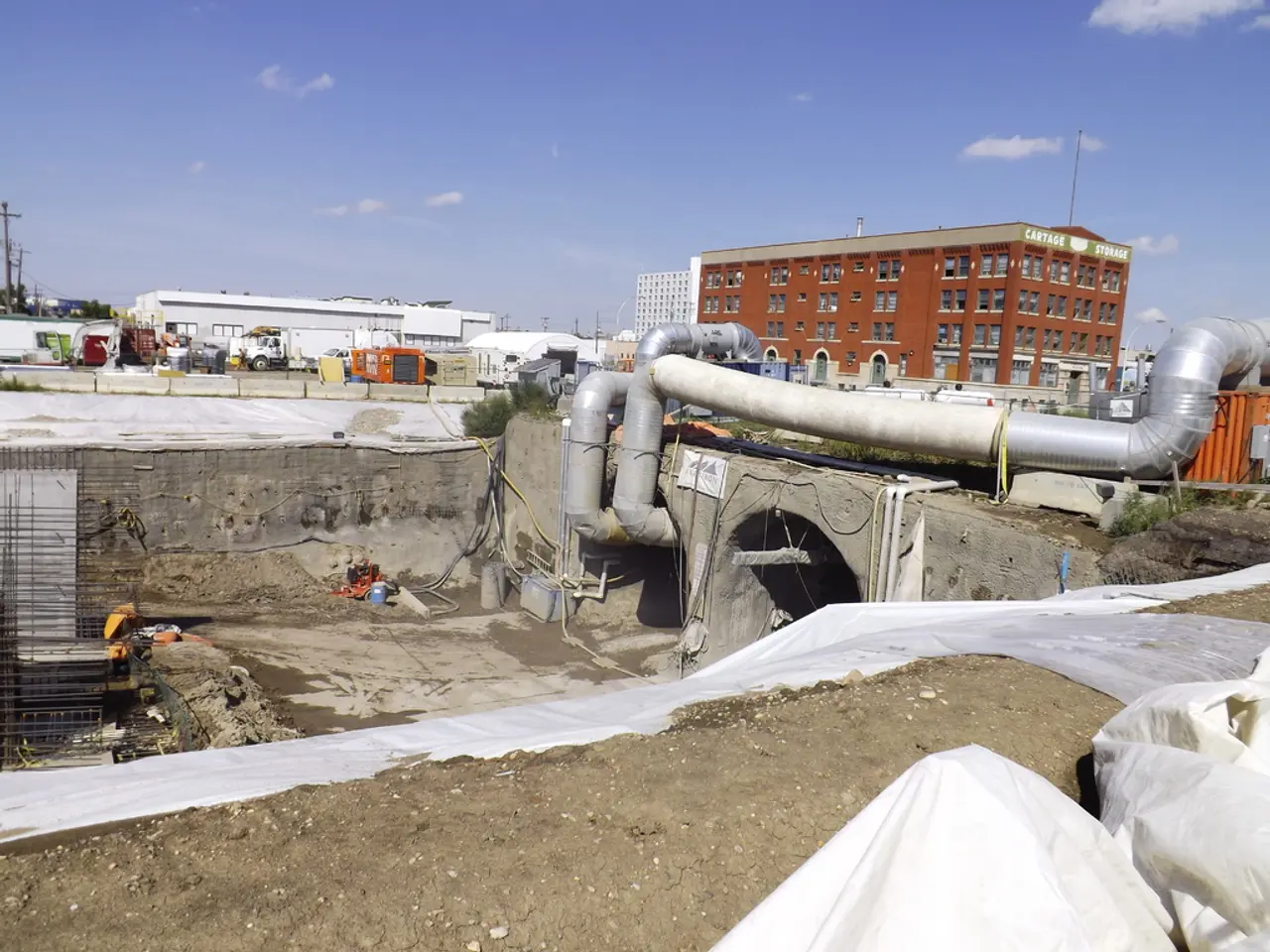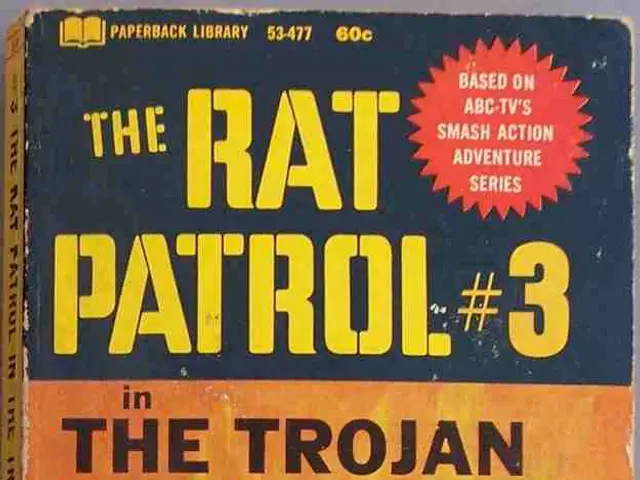Troops Deployed in U.S. Capital, Consideration of Extensive Clampdown Contemplated by Trump
Federal Takeover Attempt in Washington D.C.: A Tumultuous Turn of Events
In August 2025, the Trump administration sought to exert control over the Metropolitan Police Department (MPD) in Washington D.C., sparking a contentious legal battle, political upheaval, and widespread public protest.
President Trump, citing allegations of rising crime, invoked emergency powers to appoint DEA Administrator Terrance C. Cole as an "Emergency Police Commissioner," bypassing the city's established chain of command. The move, however, was met with swift opposition. D.C.’s Attorney General Brian Schwalb sued to block the takeover, arguing it was a "hostile takeover" violating the Home Rule Act and would cause "imminent, irreparable harm" to law and order.
A federal judge, Ana Reyes, ruled that the executive order placing Cole in charge violated the city's autonomy under the Home Rule Act. The judge did not immediately issue a restraining order but warned it would if changes were not made. As a result, the federal government backed off plans for a full takeover, allowing the D.C. Police Chief, Pamela Smith, to remain in control of the 3,000 officers, with Cole temporarily unable to issue directives.
Mayor Muriel Bowser and other local leaders strongly opposed the move, calling it an "authoritarian push" and "un-American" policing of residents on American soil. Protests ensued, with some arrests documented. The situation heightened tensions between the federal government and D.C., highlighting conflicts over local autonomy, federalism, and political control of law enforcement.
Legal experts and commentators viewed the effort as an abuse of power that undermined public safety and governance norms. The Republican leader's move has been criticized by Democrats, including House Minority Leader Hakeem Jeffries, who sees it as an attempt to further the president's personal and political agenda.
Trump has control over Washington's police for 30 days, but a longer period would require authorization from Congress, which Democrats would likely block. Since the mid-1970s, residents of Washington have been able to elect a mayor and a city council, but Congress still controls the city's budget. Washington operates under a unique relationship with the federal government that limits its autonomy and grants Congress extraordinary control over local matters.
Despite the allegations of crime, violence, and financial mismanagement, data from Washington police shows significant drops in violent crime between 2023 and 2024, although this was following a post-pandemic surge. The US capital city faces allegations of being overrun by crime, plagued by homelessness, and financially mismanaged, but violent offenses are down.
The Trump administration's new approach echoes his aggressive policies, such as sealing the southern border and deploying active-duty troops against protesters. The president has granted blanket clemency to nearly 1,600 people involved in the 2021 US Capitol riot. The administration plans to deploy 800 DC National Guardsmen, potentially backed up by other "specialized" Guard units, to the city of 700,000.
A Gallup poll in October found that 64 percent of Americans believed crime had risen in 2024, but FBI data shows the lowest levels of violent crime nationwide in more than half a century. Richard Stengel, a former undersecretary of state, has pointed out that Washington is not among the most dangerous US cities. The president plans to extend the policy to other cities, specifically mentioning New York and Chicago, but no information about these cities being next was provided in the text.
[1] Bump, Philip, et al. "Trump's plan to take control of D.C.'s police sparks a legal battle and widespread protest." The Washington Post, 2025. [2] Johnson, Timothy, et al. "Trump's D.C. police takeover plan blocked by court." CNN, 2025. [3] Fandos, Nicholas, et al. "Trump's D.C. Police Takeover Plan Faces Legal Challenges." The New York Times, 2025.
- The federal attempt to takeover the Metropolitan Police Department in Washington D.C. has led to a prolonged struggle, with policy-and-legislation debates surrounding the constitutionality of the move and its impact on local autonomy within war-and-conflicts and general-news discussions.
- The Trump administration's takeover of the MPD has caused political upheaval, sparking strong opposition from local leaders and legal experts, and has highlighted the crime-and-justice issue while raising concerns about the administration's adherence to governance norms and federalism principles in its approach.








